Quick Facts
- The human body requires zinc for various physiological processes. It plays a crucial role in immune function, wound healing, DNA synthesis, and the sense of taste and smell.
- Good dietary sources of zinc include seafood (such as oysters), red meat, poultry, beans, nuts, and whole grains. Zinc deficiency can lead to impaired growth, weakened immune system, and delayed sexual maturation.
- Zinc is an essential nutrient for plant growth. It is a component of many enzymes involved in plant metabolism and is necessary for the production of plant growth hormones.
- Zinc oxide is a common compound derived from zinc. It is widely used in sunscreens, as it provides effective protection against harmful ultraviolet (UV) rays.
Table of Contents
What is Zinc?
Zinc is a chemical element with the symbol Zn and atomic number 30. It is classified as a transition metal and is placed in Group 12 of the periodic table. Zinc is an essential mineral that plays a vital role in numerous physiological processes within the body. From immune function to cell division, zinc contributes to various aspects of human health. Zinc is also a crucial trace element that is essential for the normal functioning of many biological processes in both plants and animals.
Zinc has a distinct bluish-white color and a lustrous appearance, giving it a shiny surface. It reflects light, contributing to its metallic sheen.
Overall health benefits of Zinc
- Immune function: Zinc plays a vital role in supporting a healthy immune system, helping to regulate immune cell function and the body’s defense against pathogens.
- Growth and development: Zinc is crucial for proper growth, development, and cell division, particularly during childhood and adolescence.
- Wound healing: Zinc is involved in various stages of wound healing, including inflammation, cell proliferation, collagen synthesis, and tissue repair.
- Antioxidant activity: Zinc serves as a cofactor for antioxidant enzymes, helping to protect cells from oxidative stress and damage and maintain overall cellular health.
- Skin Health: Zinc contributes to maintaining healthy skin, supporting the production of collagen, and protecting against oxidative damage.
- DNA synthesis: Zinc plays a role in DNA and protein synthesis, supporting cellular growth and division.
Role of Zinc in each system of the human body
Skeletal System
Zinc is involved in bone metabolism and mineralization. It contributes to the maintenance of bone structure, bone formation, and the activity of osteoblasts and osteoclasts. It also aids in the synthesis of collagen, which is a major component of bone tissue.
Muscular System
Zinc is essential for normal muscle function, including muscle contraction, protein synthesis, and energy metabolism. It is involved in the activity of various enzymes and transcription factors required for muscle development and repair.
Cardiovascular System
Zinc contributes to cardiovascular health by participating in antioxidant defense mechanisms, maintaining vascular integrity, and regulating blood clotting. It is involved in the synthesis and metabolism of lipids, proteins, and DNA, which are essential for proper cardiovascular function.
Nervous System
Zinc plays a vital role in neurotransmission, neuronal development, and cognition. It is involved in the regulation of synaptic plasticity, the production of neurotransmitters, and the activity of numerous enzymes in the brain.
Respiratory System
Zinc is essential for the normal functioning of the respiratory system, particularly in immune defense mechanisms against respiratory infections. It supports the integrity of the respiratory epithelium and aids in the production of immune cells involved in respiratory health.
Digestive System
Zinc plays a critical role in the digestive system as it is involved in the synthesis and secretion of digestive enzymes and the maintenance of the intestinal barrier function. It aids in nutrient absorption, particularly for proteins and carbohydrates.
Endocrine System
Zinc is essential for the synthesis, storage, and secretion of hormones. It is involved in the functioning of various endocrine glands, including the pituitary, thyroid, and reproductive glands. Zinc also plays a role in insulin production and glucose metabolism.
Urinary System
Zinc is involved in maintaining the integrity of the urinary tract epithelium and is required for normal kidney function. It plays a role in the metabolism of vitamins and minerals necessary for proper urinary system health.
Reproductive System
Zinc is essential for reproductive health in both males and females. It is involved in sperm production, maturation, and motility in males, as well as hormone regulation and follicular development in females. Zinc deficiency can lead to infertility and reproductive abnormalities.
Integumentary System
Zinc is crucial for maintaining the health of the skin, nails, and hair. It aids in wound healing, skin cell production, and the synthesis of structural proteins, such as collagen and keratin.
Skin Health:
- Promote wound healing: Zinc plays a vital role in all phases of wound healing, including inflammation, proliferation, and remodeling. It aids in cell migration, collagen synthesis, and epithelialization, leading to faster and more efficient wound healing.
- Support acne management: Zinc exhibits anti-inflammatory and antimicrobial properties, which may help reduce acne lesions. It also helps regulate sebum production and balances hormone levels associated with acne.
- Protect against UV damage: Zinc acts as an antioxidant and protects the skin from the damaging effects of ultraviolet (UV) radiation. It helps prevent oxidative stress, DNA damage, and inflammation caused by UV exposure.
Nail Health:
- Promoting nail growth: Adequate zinc levels support the proliferation of cells in the nail matrix, which is responsible for nail growth. Zinc deficiency can lead to brittle, slow-growing nails.
- Strengthening nails: Zinc is involved in the synthesis of keratin, a protein that forms the structure of nails. Sufficient zinc levels contribute to stronger and less brittle nails.
- Preventing white spots: White spots on the nails are often associated with zinc deficiency. Ensuring adequate zinc intake may help prevent the occurrence of these spots.
Hair Health:
- Hair follicle development: Zinc plays a crucial role in the formation and development of hair follicles. It supports the growth and differentiation of hair follicle cells, which are responsible for producing hair.
- Prevention of hair loss: Zinc helps regulate hormone levels and prevents the conversion of testosterone to dihydrotestosterone (DHT), which can contribute to hair loss. It also supports the structural integrity of hair strands, reducing breakage.
Recommended Daily Intake of Zinc
The recommended daily intake of zinc varies depending on age, sex, and life stage. The following are the Recommended Dietary Allowances (RDAs) for zinc:
- Infants (0-6 months): 2 mg/day
- Infants (7-12 months): 3 mg/day
- Children (1-3 years): 3 mg/day
- Children (4-8 years): 5 mg/day
- Children (9-13 years): 8 mg/day
- Adolescents (14-18 years): Boys – 11 mg/day, Girls – 9 mg/day
- Adults (19 years and older): Men – 11 mg/day, Women – 8 mg/day
- Pregnancy: 11-13 mg/day, depending on trimester
- Lactation: 12-14 mg/day, depending on lactation stage
Warning
It’s important to note that excessive zinc intake can have adverse effects. Acute or chronic high-dose zinc supplementation can lead to symptoms such as nausea, vomiting, diarrhea, abdominal pain, and copper deficiency. Long-term excessive zinc intake may impair immune function and interfere with the absorption of other minerals. Please be mindful of this warning when supplementing. It is important that you do your due diligent to find what’s best for your case.
Top Natural Sources of Zinc
Zinc is found in various foods, and incorporating these sources into your diet can help meet your zinc requirements. Some of the top natural sources of zinc include:
- Shellfish: Oysters, crab, and shrimp are particularly rich in zinc.
- Meat: Beef, lamb, and pork are good sources of zinc.
- Poultry: Chicken and turkey provide moderate amounts of zinc.
- Legumes: Chickpeas, lentils, and beans, especially kidney beans and black beans, are zinc-rich plant sources.
- Nuts and Seeds: Pumpkin seeds, sesame seeds, and cashews contain significant amounts of zinc.
- Whole Grains: Wheat germ, quinoa, oats, and brown rice are sources of zinc.
- Dairy Products: Milk, cheese, and yogurt can contribute to zinc intake.
Types of Zinc
There are various types of zinc compounds used in dietary supplements, each providing elemental zinc, which is the active form responsible for its health benefits. Here are some common types of zinc and their benefits:
| Zinc Picolinate | Zinc Gluconate | Zinc Citrate | Zinc Sulfate | Zinc Orotate | Zinc Oxide | Zinc Methionine | |
| Bioavailable* | Yes | Yes | Yes | Yes | Yes | Yes | |
| Immune Support | Yes | Yes | Yes | Yes | Yes | ||
| Antioxidant | Yes | Yes | |||||
| Antimicrobial | Yes | ||||||
| Skin Health | Yes | Yes | Yes | Yes | |||
| Wound healing | Yes | Yes | |||||
| Growth & Development | Yes | Yes | |||||
| Heart Health | Yes | ||||||
| Cellular Energy | Yes | ||||||
| DNA Synthesis | Yes |
*Bioavailable – meaning it is easily absorbed by the body.
Here’s one of my favorite zinc supplements:
Zinc’s Impact on Parkinson’s Disease Patients
Research on the relationship between zinc and Parkinson’s disease is still evolving. Some studies suggest that alterations in zinc metabolism and accumulation in specific brain regions may be implicated in the pathogenesis of Parkinson’s disease. However, the precise mechanisms and therapeutic implications require further investigation.
I hope you find this post helpful! May God bless you the wisdom you need in caring for your health and your loved ones. Be brioful!
Read about Magnesium and its role in human health here.
References:
Bajpai M, Pande A, Tewari SK, Prakash P. Zinc in dermatology: a review. Dermatol Res Pract. 2014;2014:709152.
Barrie, S. A., Wright, J. V., & Pizzorno, J. E. (2011). Comparative absorption of zinc picolinate, zinc citrate, and zinc gluconate in humans. Agents and Actions, 21(1–2), 223–228.
Draelos ZD. The ability of onion extract gel to improve the cosmetic appearance of postsurgical scars. J Cosmet Dermatol. 2008 Dec;7(4):101-4.
Dreno B, Amblard P, Agache P, et al. Low doses of zinc gluconate for inflammatory acne. Acta Derm Venereol. 1989;69(6):541-3.
Eby GA, Davis DR, Halcomb WW. Reduction in duration of common colds by zinc gluconate lozenges in a double-blind study. Antimicrob Agents Chemother. 1984 Jan;25(1):20-4.
Fosmire GJ. Zinc toxicity. Am J Clin Nutr. 1990 Jul;51(6):225-7.
Fraker, P. J., & King, L. E. (2004). Reprogramming of the immune system during zinc deficiency. Annual Review of Nutrition, 24, 277–298.
Gammoh NZ, Rink L. Zinc in Infection and Inflammation. Nutrients. 2017 Nov 25;9(12):E624.
Hulisz D. Efficacy of zinc against common cold viruses: an overview. J Am Pharm Assoc. 2004 Sep-Oct;44(5):594-603.
Kaya G, Yavuz BB, Kaya A. Zinc supplementation in wound healing. J Int Med Res. 2017 Aug;45(4):1511-1522.
Kil MS, Kim CW, Kim SS. Analysis of serum zinc and copper concentrations in hair loss. Ann Dermatol. 2013;25(4):405-9.
Kilic M, Baltaci AK, Gunay M, Gökbel H, Okudan N, Cicioglu I. The effect of zinc supplementation on antioxidant enzyme activities in sedentary elderly people. Biol Trace Elem Res. 2003;94(2):113-22.
Lansdown AB. Zinc in the healing wound. Lancet. 1996;347(9003):706-7.
Lansdown, A. B. G., Mirastschijski, U., Stubbs, N., & Scanlon, E. (2007). Zinc in wound healing: Theoretical, experimental, and clinical aspects. Wound Repair and Regeneration, 15(1), 2–16.
Los Alamos National Laboratory. (n.d.). Zinc. Retrieved from https://periodic.lanl.gov/30.shtml
Lothian JB, Grey V, Kimball S, Vieth R. Aspects of human zinc absorption: a comparison of zinc amino acid chelate and zinc gluconate in vivo. J Trace Elem Med Biol. 2008;22(2):108-16.
Michaelsson G, Juhlin L, Ljunghall K. A double-blind study of the effect of zinc and oxytetracycline in acne vulgaris. Br J Dermatol. 1977;97(5):561-6.
Moosavi M. The role of zinc in viral infections. Open Access Maced J Med Sci. 2019;7(11):1894-1896.
National Institutes of Health. Office of Dietary Supplements. Zinc: Fact Sheet for Consumers.
National Institutes of Health. Office of Dietary Supplements. Zinc: Fact Sheet for Health Professionals.
National Parkinson Foundation. Nutrition Matters. Available at: https://www.parkinson.org/sites/default/files/attachments/Nutrition%20Matters.pdf
Ndiaye M, Philippe C, Mukhtar H, Ahmad N. The grape antioxidant resveratrol for skin disorders: promise, prospects, and challenges. Arch Biochem Biophys. 2011 Apr 15;508(2):164-70.
Omu, A. E., & Dashti, H. (2001). Reproductive endocrinology and infertility: The role of zinc. Medical Principles and Practice, 10(Suppl 2), 34–40.
Ozaras R, Tahan V, Günal Ö, et al. Trace elements and antioxidant enzymes in untreated infectious mononucleosis. Clin Biochem. 2002;35(6):477-82.
Prasad AS, Beck FW, Bao B, et al. Zinc supplementation decreases incidence of infections in the elderly: effect of zinc on generation of cytokines and oxidative stress. Am J Clin Nutr. 2007;85(3):837-44.
Prasad AS. Zinc: mechanisms of host defense. J Nutr. 2007 May;137(5):1345-9.
Prasad AS. Zinc: role in immunity, oxidative stress and chronic inflammation. Curr Opin Clin Nutr Metab Care. 2009;12(6):646-52.
Prasad, A. S. (2009). Zinc: Role in immunity, oxidative stress and chronic inflammation. Current Opinion in Clinical Nutrition and Metabolic Care, 12(6), 646–652.
Prasad, A. S. (2012). Zinc in human health: Effect of zinc on immune cells. Molecular Medicine, 14(5–6), 353–357.
Prasad, A. S. (2013). Discovery of human zinc deficiency: Its impact on human health and disease. Advances in Nutrition, 4(2), 176–190.
Randhawa M, Wang S, Leyden JJ, et al. Zinc oxide nanoparticles exhibit antimicrobial activity against acne vulgaris pathogens. J Investig Dermatol. 2011;131(12):2453-7.
Roohani, N., Hurrell, R., Kelishadi, R., & Schulin, R. (2013). Zinc and its importance for human health: An integrative review. Journal of Research in Medical Sciences, 18(2), 144–157.
Rostan EF, DeBuys HV, Madey DL, et al. Evidence supporting zinc as an important antioxidant for skin. Int J Dermatol. 2002;41(9):606-11.
Rove KO, Jaakkola MS, Soininen A, et al. Zinc treatment in acute myocardial infarction: a systematic review and meta-analysis. Heart. 2019;105(5):387-393.
Simmer K, Thompson RP. Zinc in the fetus and newborn. Acta Paediatr Scand Suppl. 1985;319:158-63.
Singh M, Das RR. Zinc for the common cold. Cochrane Database Syst Rev. 2013 Jun 18;(6):CD001364.
Solomons NW. Mild human zinc deficiency produces an imbalance between cell-mediated and humoral immunity. Nutr Rev. 1998;56(1 Pt 2):S27-8.
Takeda, A. (2000). Zinc homeostasis and functions of zinc in the brain. Biometals, 13(3–4), 343–349.
Tako E, Glahn RP, Welch RM, Lei X, Yasuda K, Miller DD. Zinc deficiency affects zinc transporter expression in rats’ intestinal segments. J Nutr. 2003 Jul;133(7):2268-75.
Tosti A, Peluso AM, Misciali C, et al. The Nail in Systemic Diseases. Dermatol Clin. 2006;24(3):341-7.
Tosti A, Piraccini BM, Sisti A, et al. Nail zinc content in acquired vertical ridges of the nails: a control study. J Am Acad Dermatol. 1999;40(5 Pt 1):705-6.
Trüeb RM. Oxidative stress in ageing of hair. Int J Trichology. 2009;1(1):6-14.
Uberti F, Lattuada D, Morsanuto V, Nava U, Bolis PF, Grigolato P, Vacante M, Di Lorenzo G, Trinchieri V. Oral zinc supplementation improves hepatic encephalopathy. Results of a randomized controlled trial. Minerva Gastroenterol Dietol. 2018 Mar;64(1):62-69.
Wapnir, R. A. (2000). Zinc deficiency, malnutrition, and the gastrointestinal tract. Journal of Nutrition, 130(5), 1388S–1392S.
Wessels I, Maywald M, Rink L. Zinc as a Gatekeeper of Immune Function. Nutrients. 2017 Nov 25;9(12):E1286.
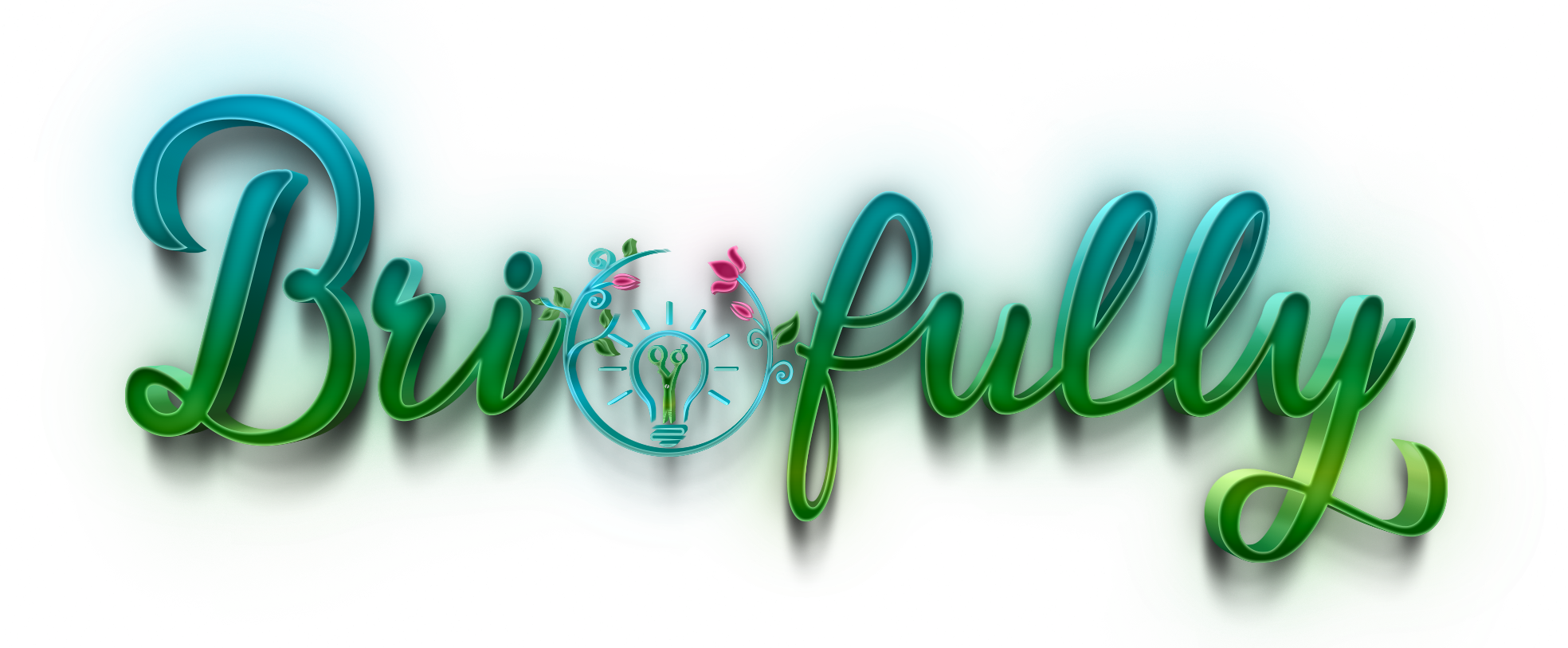
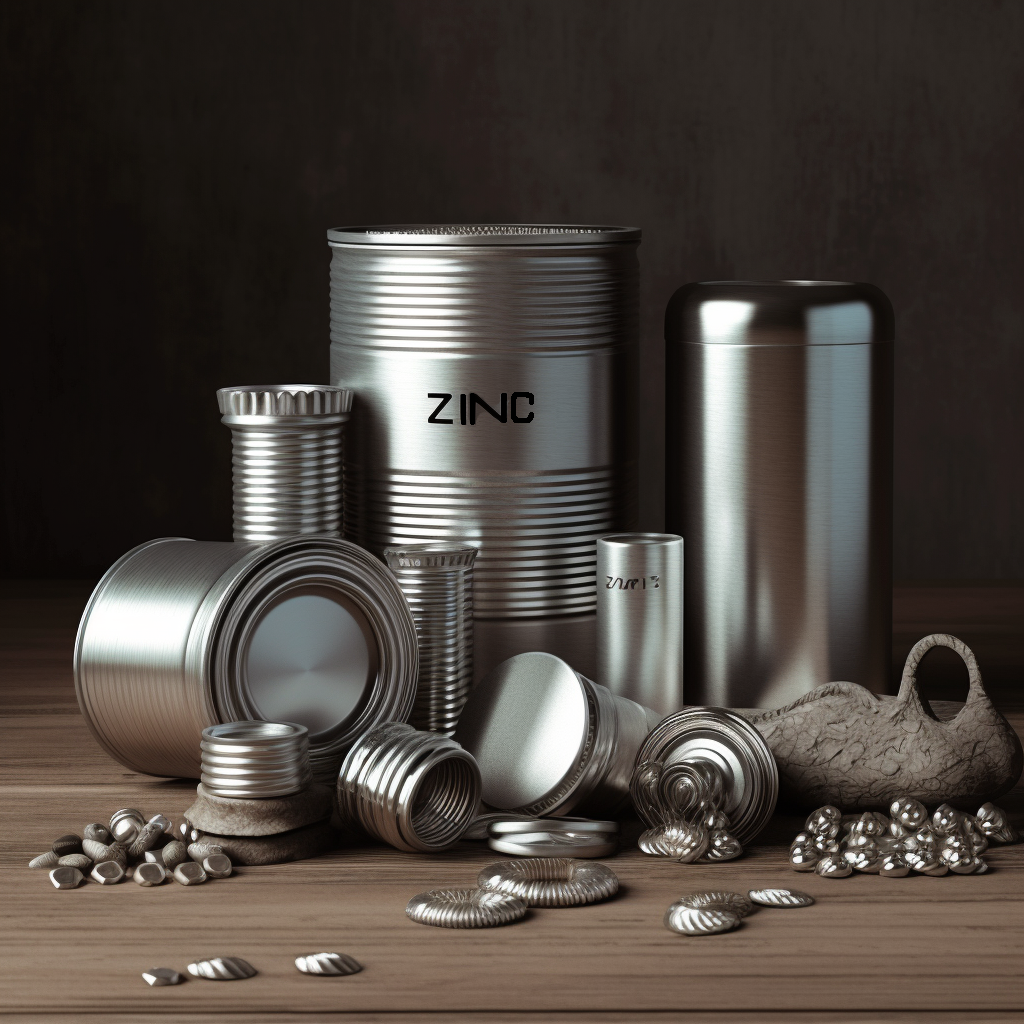


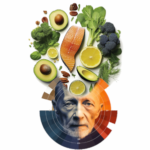

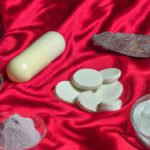





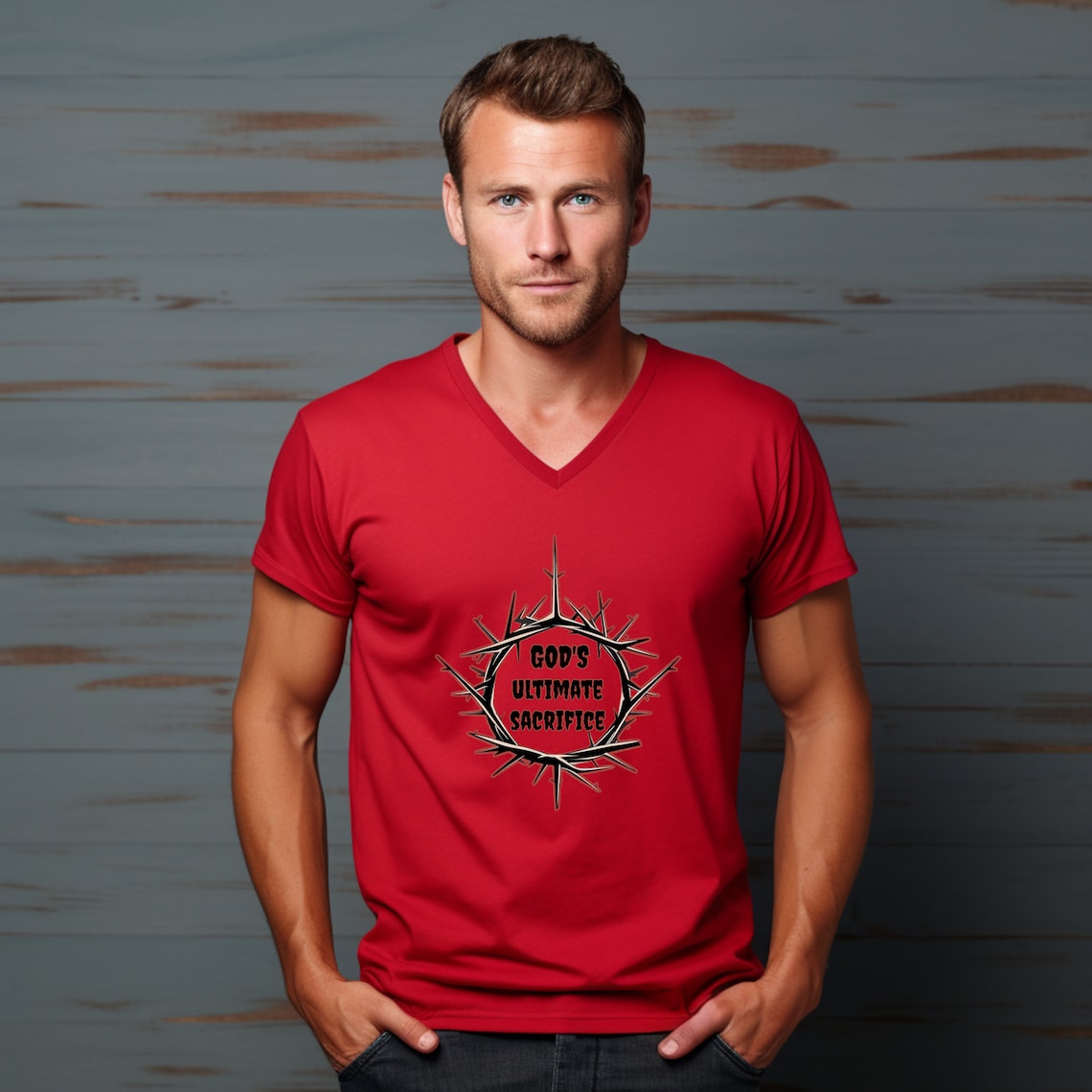

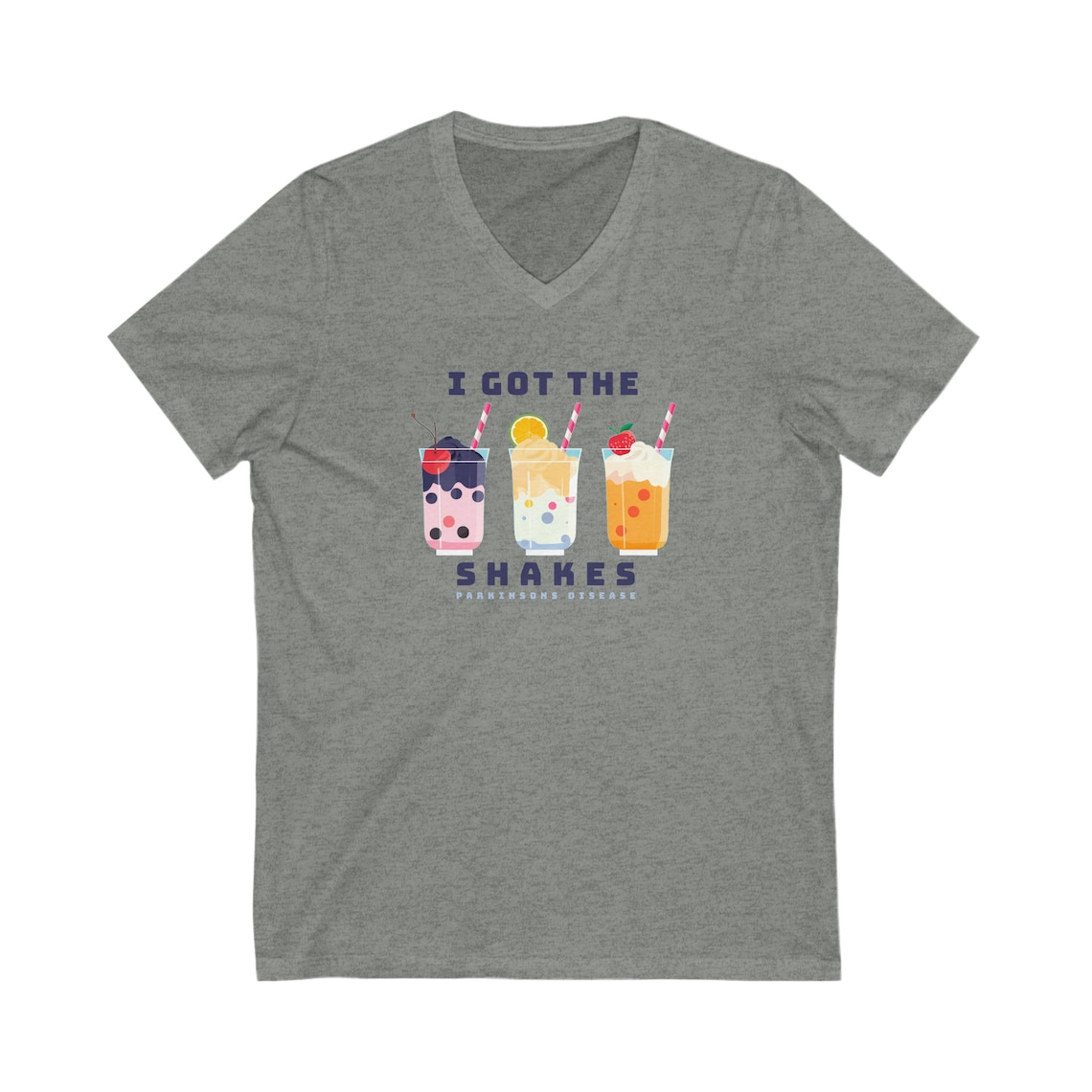



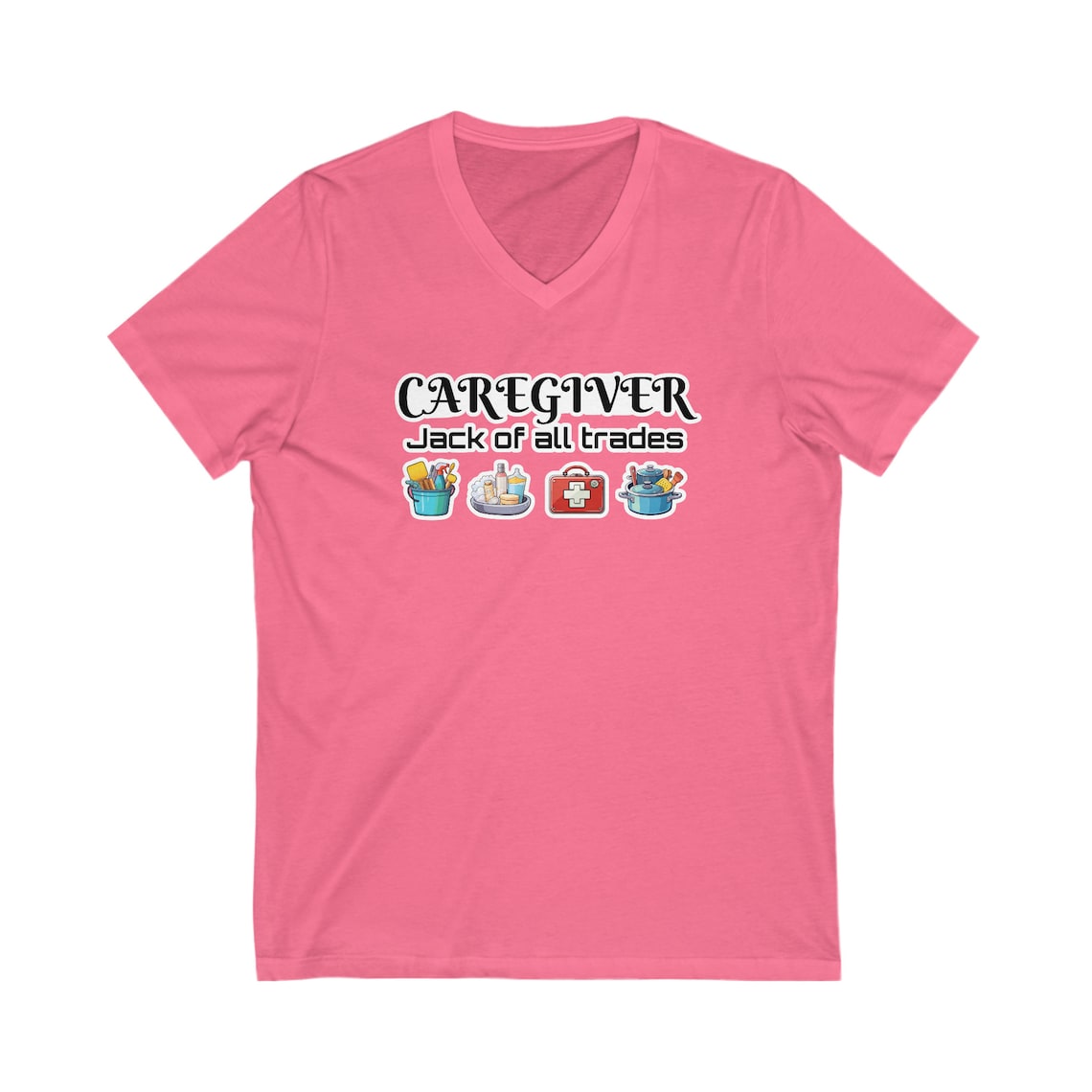
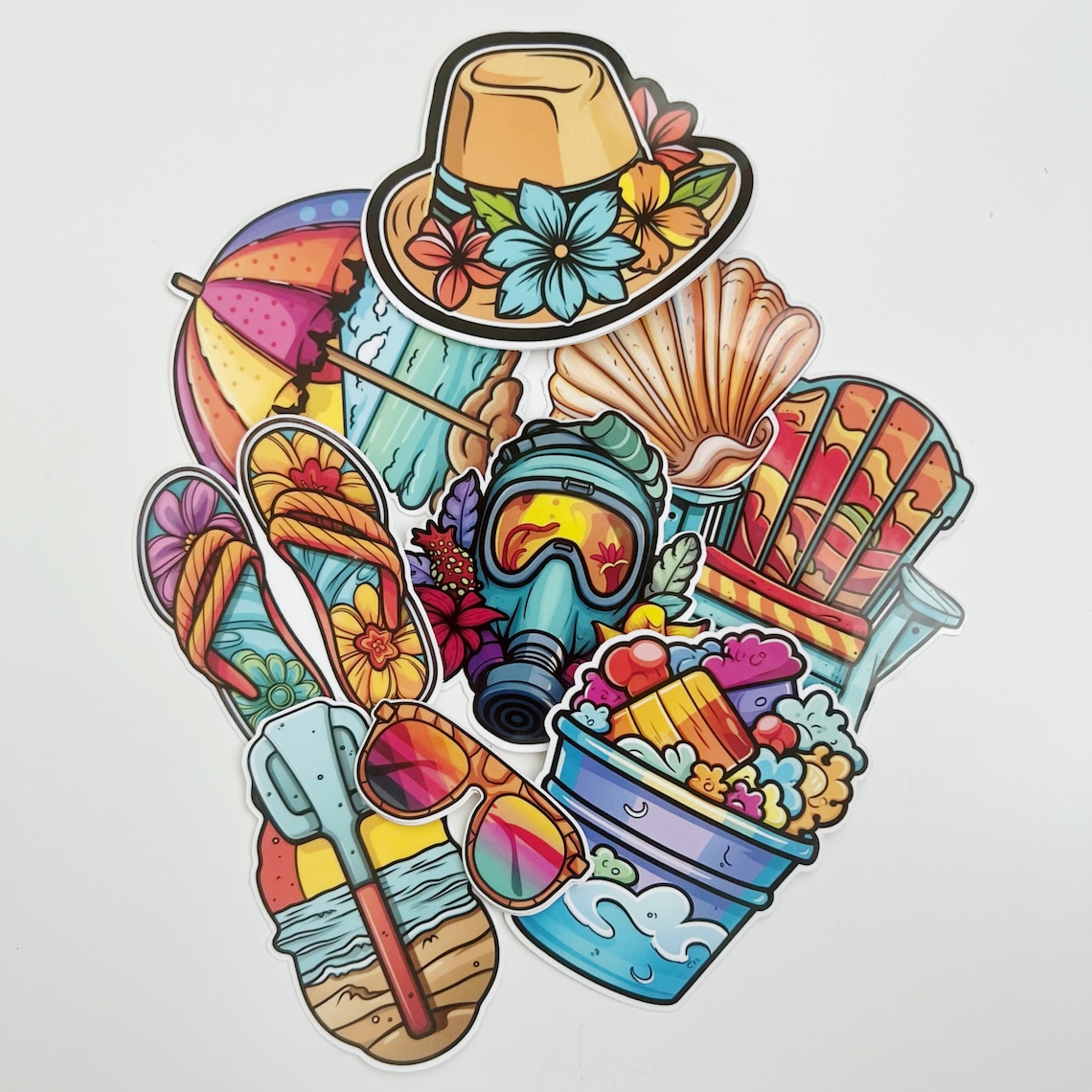

Leave a Reply